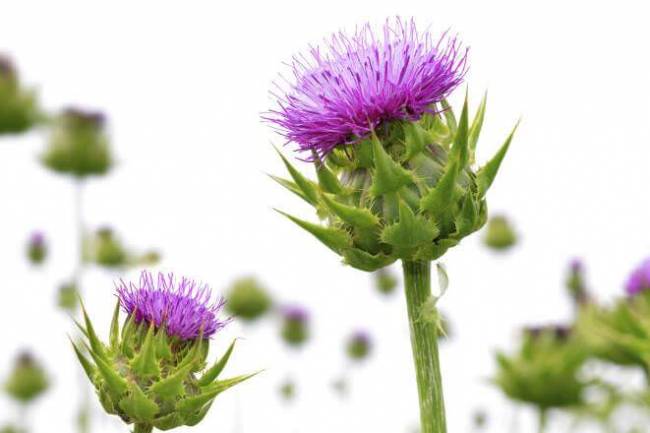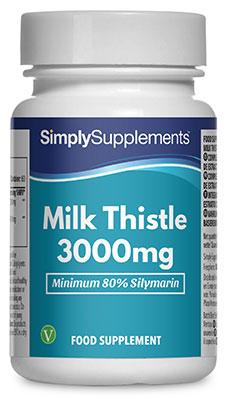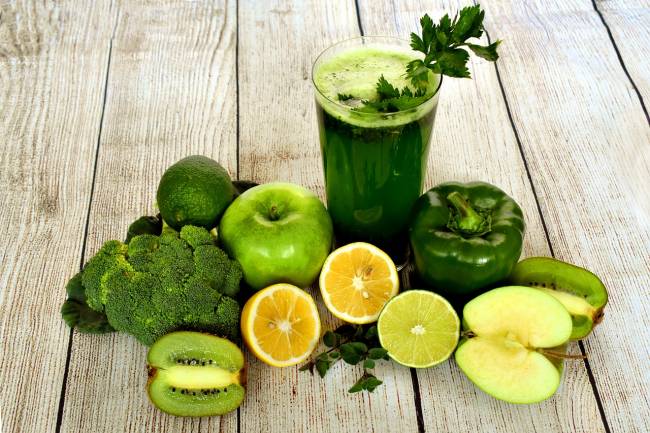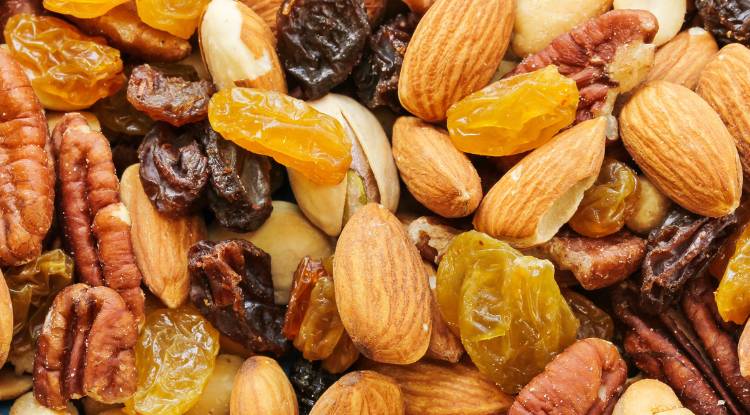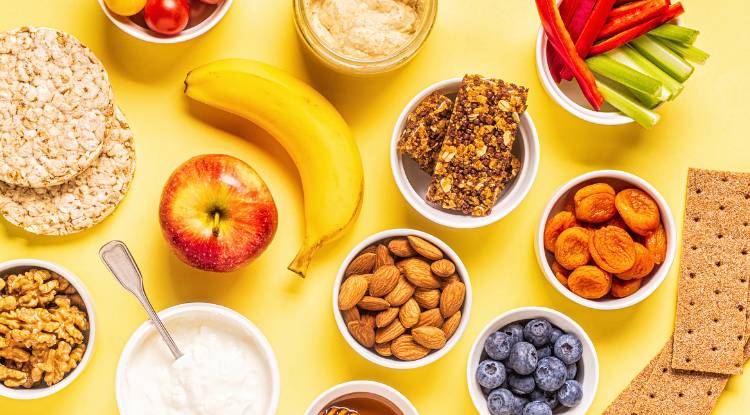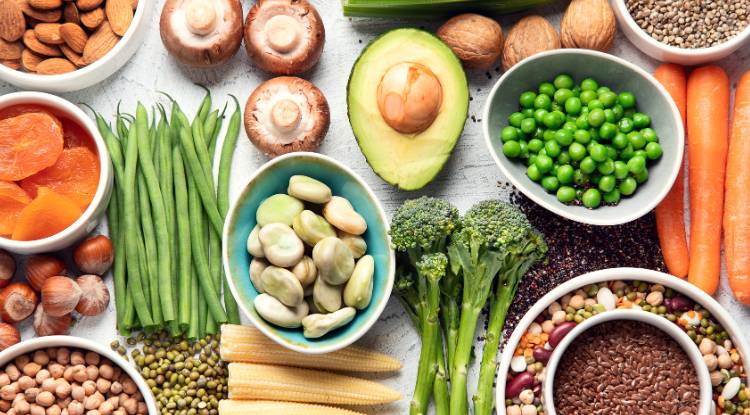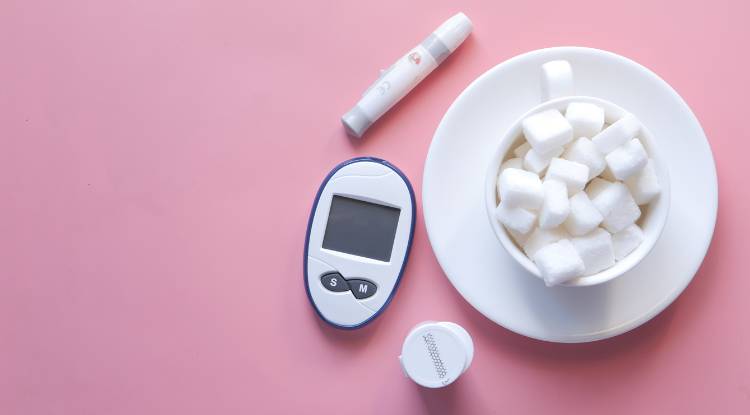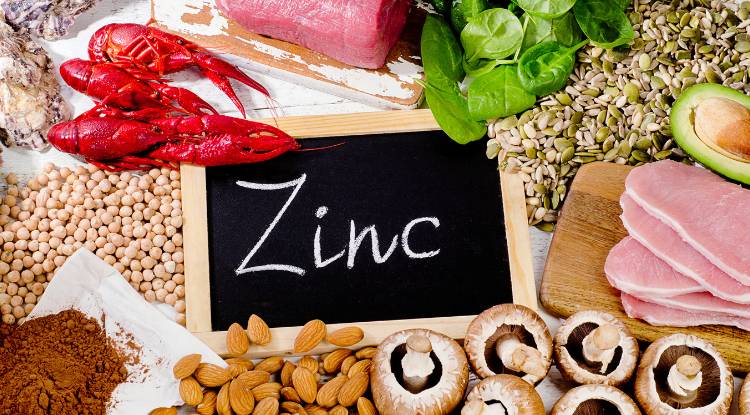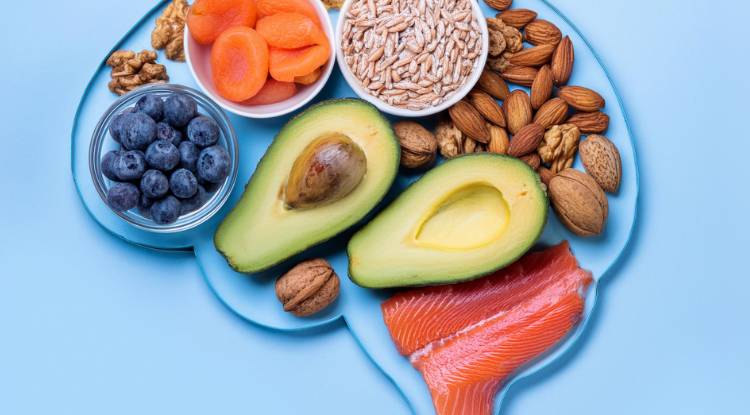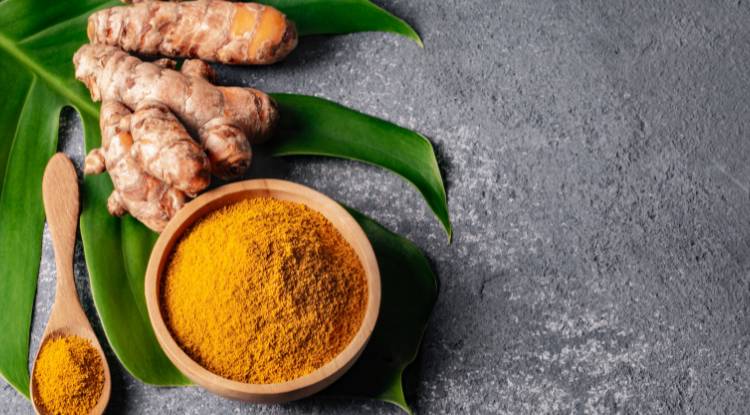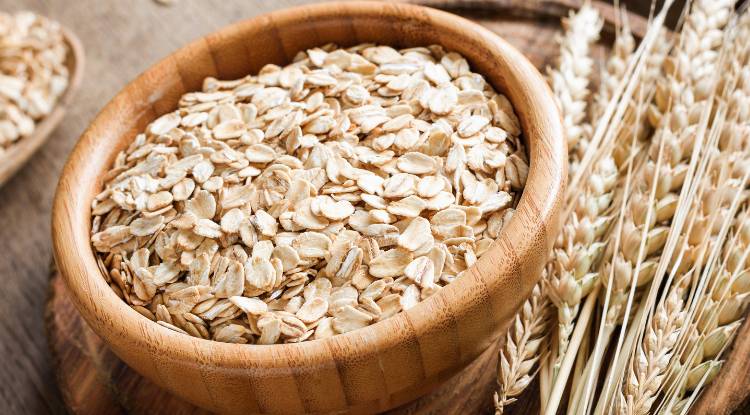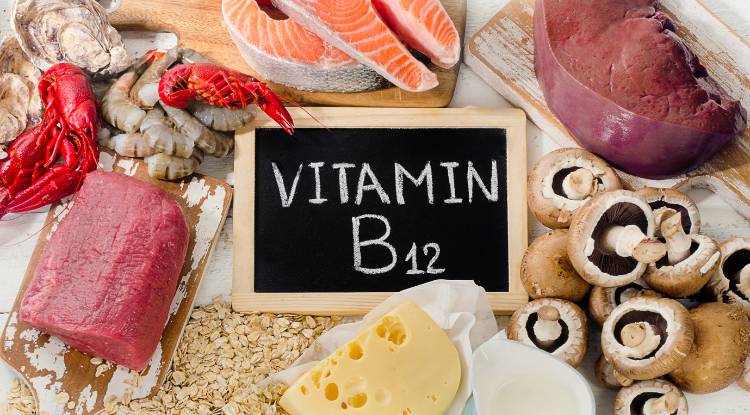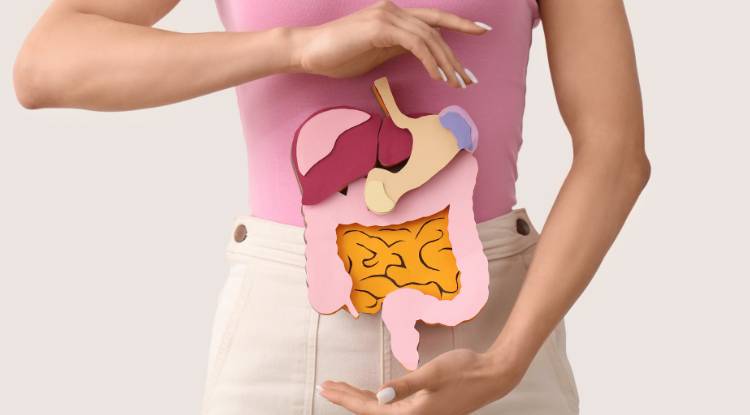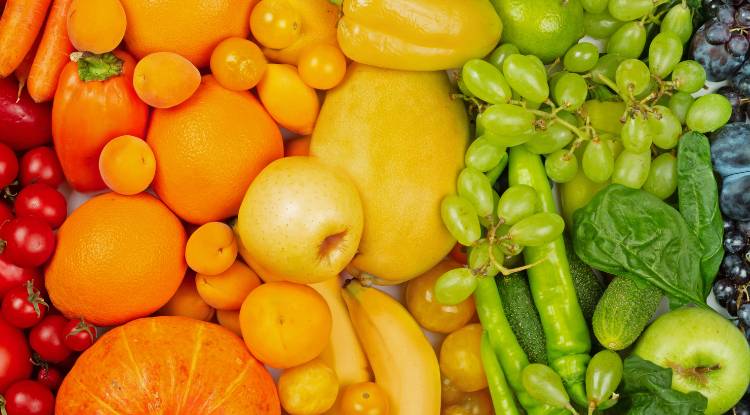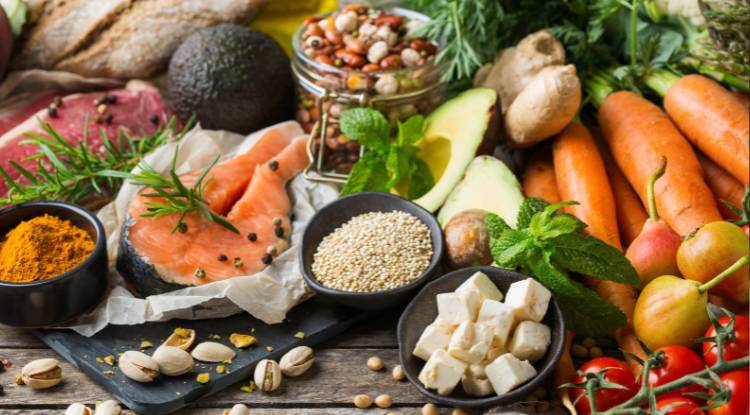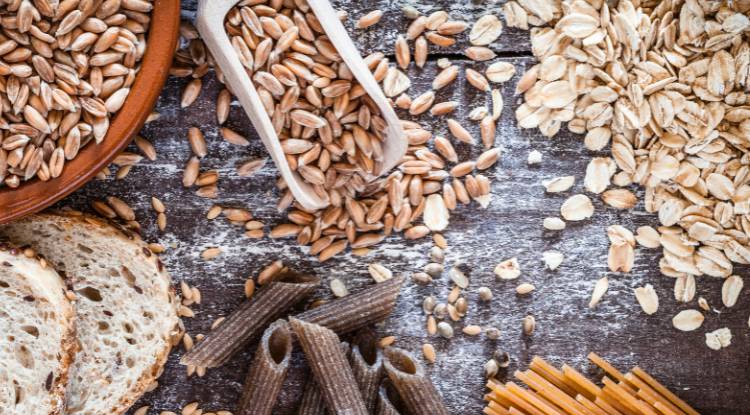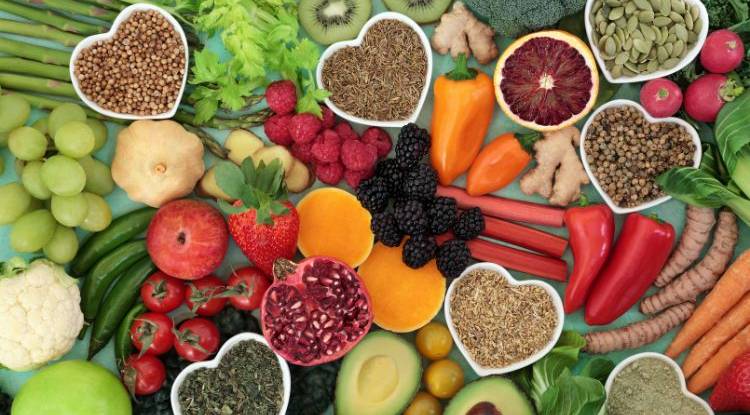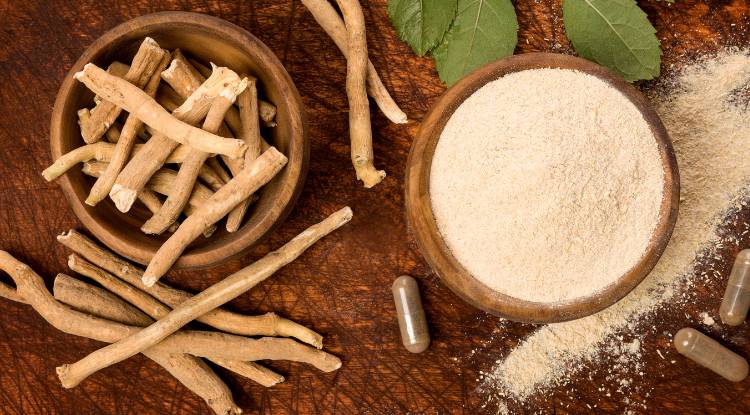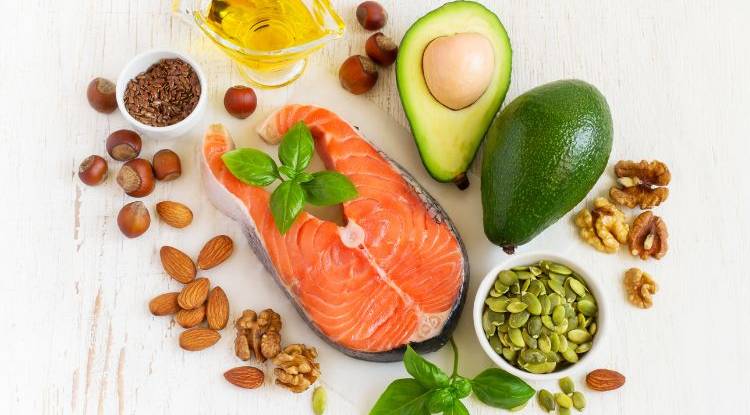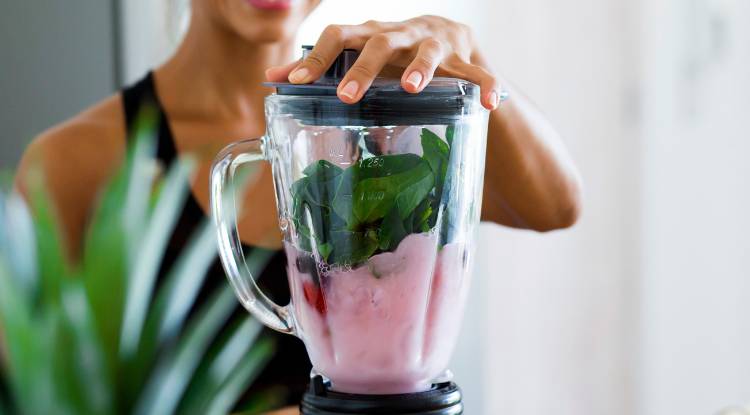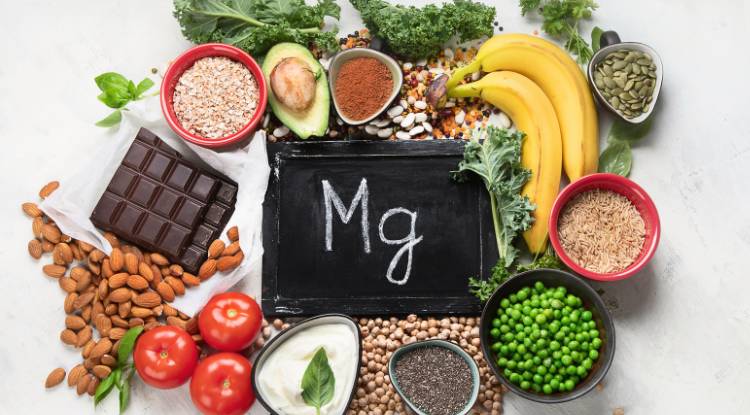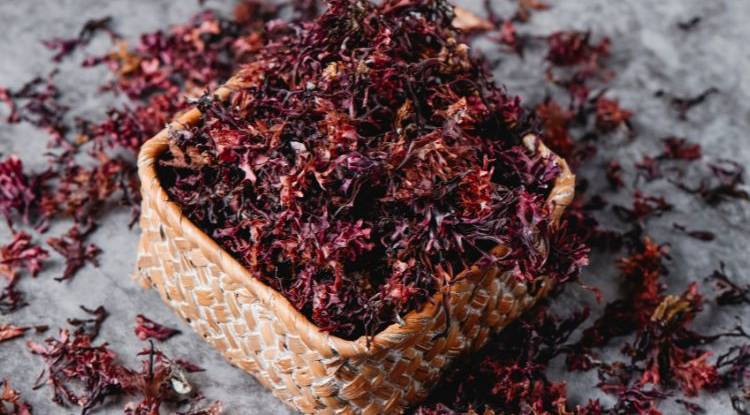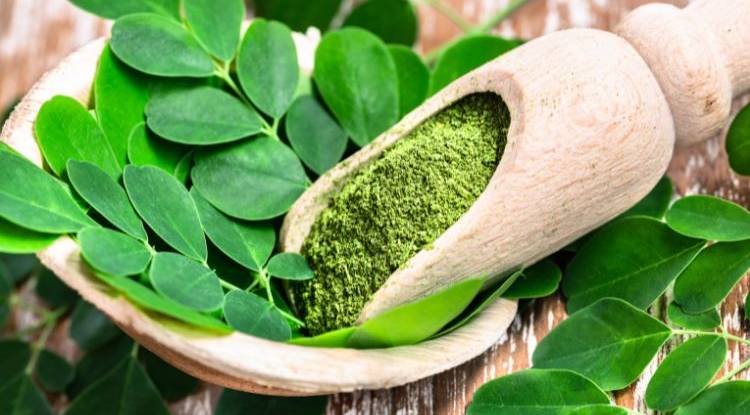The Importance of Detoxification and Supporting the Liver

Detoxification is a natural process by which the body eliminates toxins and waste products. It's a key function that ensures our organs, cells, and tissues can function optimally.
While detoxification is often associated with fad diets, juice cleanses, and “quick fixes,” the reality is far more nuanced. Your body already has a powerful, built-in detoxification system, and at the heart of it is the liver.
One of the most important organs involved in detoxification is the liver. As the body’s primary detoxifying organ, the liver plays a crucial role in filtering out harmful substances, processing nutrients, and metabolising drugs and toxins.
This article will delve into the importance of detoxification, how the liver supports this process, and ways to help support liver function through nutrition and lifestyle choices.
What is Detoxification?
Detoxification refers to the process by which the body neutralises or eliminates harmful substances, such as waste products, chemicals, and toxins. These toxins can come from external sources (like pollution, pesticides, alcohol, certain medications and heavy metals) or internal sources (such as metabolic byproducts produced during digestion and cellular activity).
Your body has a built-in detox system, which includes organs like the liver, kidneys, lungs, and skin, each playing a role in processing and expelling toxins. The liver plays a central role, filtering blood, breaking down harmful substances, and supporting hormone balance.
It’s important to note that while some alternative health approaches suggest chronic toxin “buildup” contributes to many health issues, major medical authorities emphasise that in healthy individuals, the body is usually very effective at eliminating everyday toxins.
However, long-term exposure to alcohol, poor diet, or environmental pollutants, combined with poor lifestyle habits, can burden the liver and reduce its efficiency over time.
The Role of the Liver in Detoxification
The liver is a powerhouse when it comes to detoxification. It's responsible for neutralising and removing toxins from the body in several ways:
1. Metabolising Toxins
The liver breaks down harmful substances in a two-phase process. In Phase 1, the liver uses enzymes to break down toxins into more water-soluble compounds. In Phase 2, these compounds are conjugated (bound to molecules like sulfate, glucuronic acid, or glutathione) to make them even more water-soluble, allowing them to be excreted from the body via urine or bile.
Glutathione is one of the liver’s most powerful antioxidants, helping to neutralise free radicals and support detoxification.
2. Filtering the Blood
The liver filters the blood coming from the digestive tract before it reaches the rest of the body. This allows the liver to process nutrients from food and also remove harmful substances like bacteria, viruses, and other toxins that may have entered through digestion.
3. Bile Production and Detoxification
Bile, produced by the liver, helps to break down fats in the intestines. It also plays a critical role in the elimination of certain toxins and waste products that are fat-soluble, such as bilirubin and cholesterol.
4. Storing Nutrients
The liver is responsible for storing vitamins, minerals, and glucose in the form of glycogen. It ensures that nutrients are available to the body when needed and releases them into the bloodstream as required.
5. Detoxifying Hormones
The liver also detoxifies excess hormones in the body, such as oestrogen. Imbalances in hormones can contribute to a variety of health issues, and proper liver function helps to maintain hormonal balance.
Why Detoxification Matters
Proper detoxification is essential for maintaining overall health and preventing chronic disease. When the body cannot efficiently eliminate toxins, it can lead to a condition known as toxicity, where harmful substances accumulate in tissues, leading to inflammation, oxidative stress, and an increased risk of disease. Chronic exposure to environmental toxins, poor diet, sedentary lifestyles, and excessive alcohol consumption can overwhelm the liver and other detox organs, leading to issues such as:
-
Fatigue and sluggishness
-
Hormonal imbalances
-
Digestive problems
-
Skin issues
-
Weakened immune system
-
Increased risk of chronic diseases like cancer, diabetes, and heart disease
-
Nonalcoholic Fatty Liver Disease (NAFLD)
Supporting detoxification through lifestyle and diet is a proactive way to support your liver and maintain optimal health.
Foods That Support Detoxification
Certain foods contain nutrients and compounds that help the liver function optimally, support detox pathways, and enhance the body’s natural detoxification processes.
1. Cruciferous Vegetables
Cruciferous vegetables, such as broccoli, cauliflower, Brussels sprouts, and kale, contain compounds like sulforaphane and indole-3-carbinol that activate detoxifying enzymes in the liver. These vegetables help neutralise toxins and prevent cancer-causing substances from causing damage to cells.
2. Garlic and Onions
Garlic contains sulfur compounds, such as allicin, that help activate liver enzymes that aid in the detox process. Onions also contain sulfur and flavonoids that help detoxify and support liver health.
3. Leafy Greens
Leafy greens like spinach, arugula, and dandelion greens are rich in chlorophyll, which helps to cleanse the liver by binding to toxins and helping them to be flushed out of the body.
4. Beets
Beets are high in betaine, a compound that supports liver function and promotes the flow of bile, helping the liver flush out toxins more effectively.
5. Lemons and Citrus Fruits
Citrus fruits like lemons, oranges, and grapefruits are rich in vitamin C and antioxidants that help neutralise free radicals, reduce inflammation, and support the liver's detoxification processes. Lemons, in particular, stimulate bile production, which is important for fat digestion and toxin elimination.
6. Turmeric
Turmeric contains curcumin, a potent antioxidant and anti-inflammatory compound that supports liver detoxification. Curcumin helps to reduce liver inflammation and promotes the regeneration of liver cells, enhancing the liver's ability to eliminate toxins.
7. Green Tea
Green tea is rich in catechins, which are powerful antioxidants that support liver function by helping to reduce oxidative stress and inflammation in the liver. Drinking green tea regularly may help protect the liver from damage.
8. Avocados
Avocados are rich in healthy fats and antioxidants, such as glutathione, which help protect the liver from oxidative stress and support the detox process.
9. Water
Staying hydrated is crucial for proper detoxification. Water helps to flush toxins from the body through urine and sweat, and it also helps maintain the fluid balance needed for optimal liver function.
Lifestyle Habits to Support Liver Health
Along with a nutrient-dense diet, there are several lifestyle changes you can make to support liver health and detoxification:
1. Regular Exercise
Physical activity enhances circulation, promotes the excretion of toxins through sweat, and helps improve liver function. Exercise also helps to reduce the accumulation of visceral fat, which can negatively impact liver health.
2. Adequate Sleep
Sleep is essential for overall health, including liver health. During sleep, the liver works to detoxify and regenerate. Aim for 7-9 hours of sleep each night to allow the liver to perform its detox functions effectively.
3. Reduce Alcohol Intake
Excessive alcohol consumption is one of the leading causes of liver damage, leading to conditions like fatty liver disease and cirrhosis. Moderating or eliminating alcohol consumption is crucial for supporting liver health.
4. Stress Management
Chronic stress can impact liver function by increasing inflammation and disrupting detoxification processes. Engaging in stress-reducing activities like yoga, meditation, deep breathing exercises, or spending time outdoors can help support liver health.
5. Avoiding Toxins
Limit exposure to environmental toxins, such as cigarette smoke, pesticides, and chemicals in cleaning products. Use natural and non-toxic household products whenever possible to reduce the burden on your liver.
Supplements for Liver Health
While a balanced diet and lifestyle are the best ways to support liver detoxification, some people may benefit from specific supplements to further support liver health:
-
Milk Thistle (Silymarin): Known for its liver-protective properties, milk thistle helps regenerate liver cells and neutralises toxins.
-
Dandelion Root: Dandelion root has been used for centuries to support liver function, promoting bile production and enhancing detoxification.
-
N-Acetylcysteine (NAC): This supplement is a precursor to glutathione, one of the body’s most powerful antioxidants, and can help support the liver’s detox processes.
-
Turmeric: As mentioned, turmeric has powerful anti-inflammatory and antioxidant properties that support liver detoxification.
Important Note: Research on liver supplements remains mixed and ongoing, with more studies needed to confirm their effectiveness. Additionally, some supplements may interact with medications or worsen certain health conditions. Over-supplementation, especially of fat-soluble vitamins, iron, or herbal products, can stress the liver or lead to toxicity.
Always consult a qualified healthcare professional before starting any supplement, particularly if you have liver disease, take regular medications, or are managing a chronic health condition.
Final Thoughts
Detoxification is an ongoing process, and your liver plays a pivotal role in this process. Supporting liver health through a nutrient-dense diet, hydration, exercise, and a balanced lifestyle can help ensure your body efficiently eliminates toxins and maintains optimal health. By incorporating foods that support detoxification and taking steps to reduce liver stress, you’re investing in long-term energy, hormone balance, metabolic health, and overall wellbeing.
Sources:

 Funmi Akinola (Msc, Anutr)
Funmi Akinola (Msc, Anutr) 
